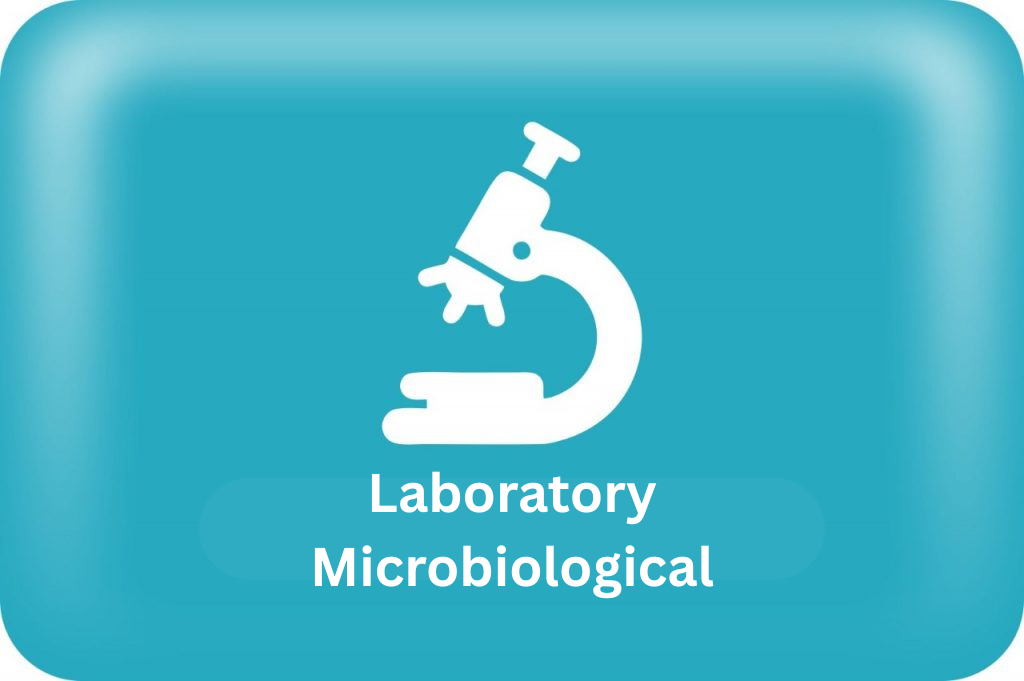Meditrina Hospital-Best Multispeciality Hospital in Nagpur | Best Critical Care

Laboratory & Microbiological

✅ NABL Accreditation: The Microbiology Laboratory at Meditrina is NABL-accredited under ISO 15189:2012, Pathology Lab. which certifies its quality and competence in medical testing. This accreditation ensures that the lab meets international standards for diagnostic accuracy, safety, and reliability.
🧫 Meditrina has also received the ISO 9001:2008 for Quality Management System, ISO 14001:2004 for Environmental safety and OHSAS 18001:2007 for Occupational safety – International Certification.
The certification audit was carried out by URS Certification Ltd, United Kingdom. Offers a full scope of medical microbiological testing, including:
🧬 Pathology & Diagnostic Support: The hospital also features a state-of-the-art pathology lab, integrated with radiodiagnostics and endoscopy suites. These labs support departments like nephrology, liver transplant, cardiology, and general surgery with: Preoperative screening Postoperative infection monitoring Chronic disease management
TEAM THAT CARES

Dr. Kanchan Chafle
M.B.B.S, MD (Pathology)
Consultant Pathologist

Dr. Shweta Yelne (Kawalkar)
MBBS, M.D. Microbiology
Consultant Microbiologist
CONDITION & TREATMENTS
Gastric Sleeve Surgery
Gastric sleeve surgery involves the removal of a large portion of the stomach, leaving behind a sleeve-shaped pouch roughly the size of a banana. By reducing the stomach’s capacity, this procedure limits the amount of food a person can consume, leading to decreased calorie intake and weight loss. Additionally, the surgery alters gut hormones, which can help regulate hunger and improve blood sugar control.
Metabolic surgery uses minimally invasive techniques to alter the digestive system in ways that improve hormonal balance and metabolic function—not just reduce weight.
Gastric Bypass Surgery
Gastric bypass surgery involves creating a small pouch at the top of the stomach and rerouting the small intestine to connect to this pouch. This bypasses a portion of the stomach and intestines, reducing the amount of food absorbed by the body. Additionally, gastric bypass surgery alters gut hormones, which can improve satiety and metabolic function.
Types of Procedures:
Gastric Bypass: Creates a small stomach pouch and reroutes the digestive tract to reduce calorie absorption.
Sleeve Gastrectomy: Removes a portion of the stomach, limiting food intake and affecting hunger hormones.
Adjustable Gastric Banding
Adjustable gastric banding involves placing a silicone band around the upper part of the stomach, creating a small pouch that limits food intake. The band can be adjusted by adding or removing saline solution through a port placed under the skin, allowing for customized restriction of food intake.
Multidisciplinary Support: Reduces stomach size and reroutes digestion.
Removes part of the stomach to limit intake
Includes dietitians, psychiatrists, nurse practitioners, and post-op rehabilitation.
Duodenal Switch Surgery
Duodenal switch surgery combines restrictive and malabsorptive components, involving the removal of a portion of the stomach and rerouting of the small intestine to reduce food absorption. This procedure leads to significant weight loss and can result in favorable changes in gut hormones and metabolic function.
